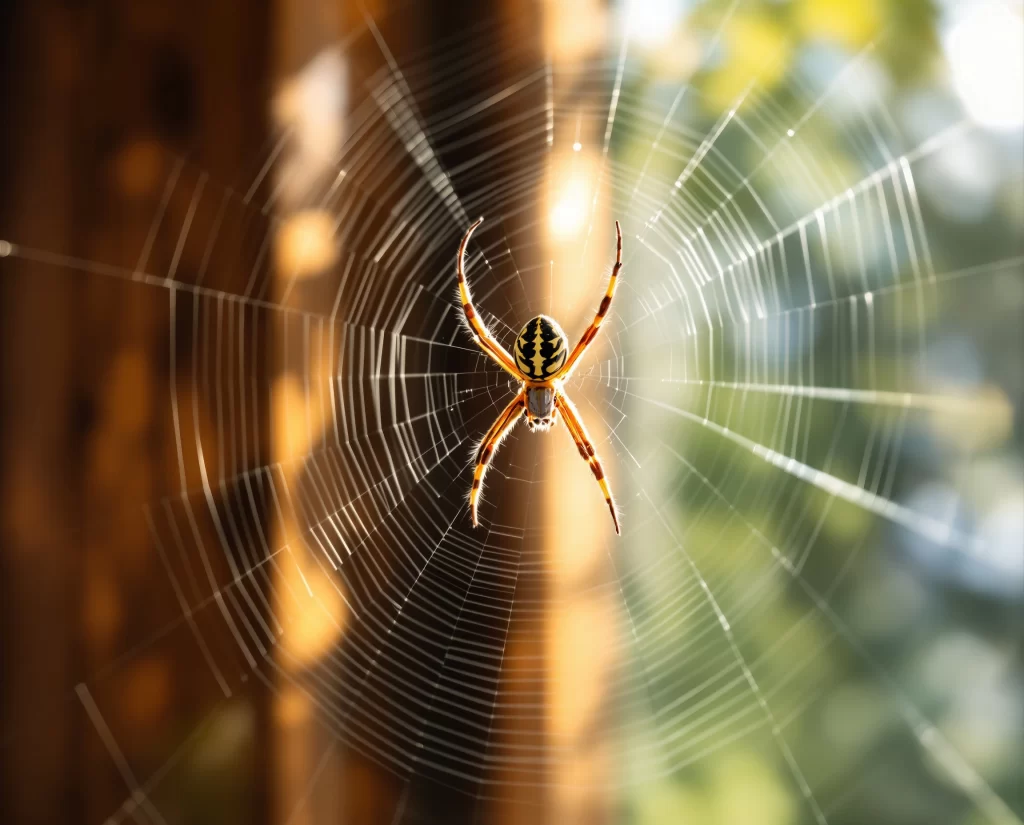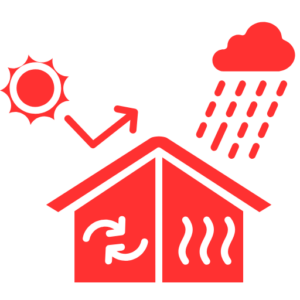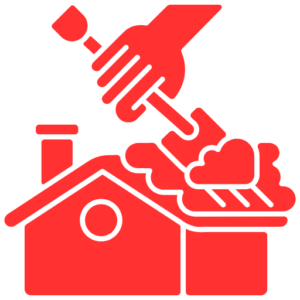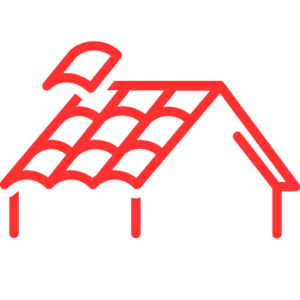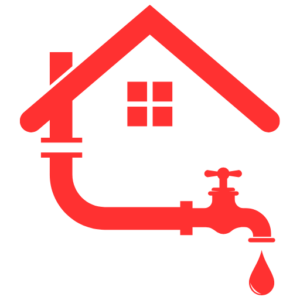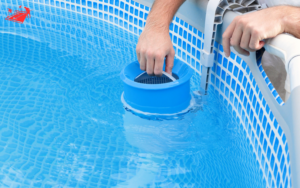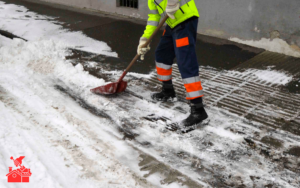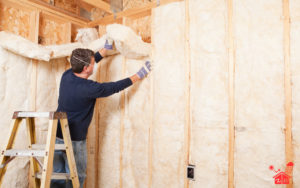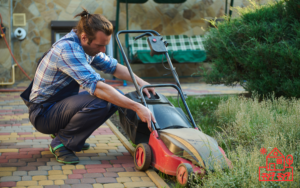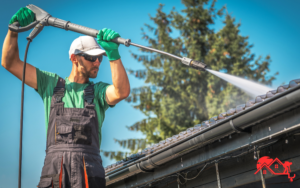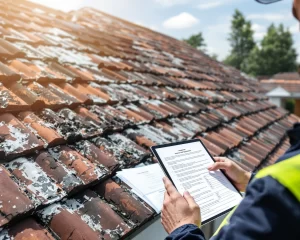Spiders: Nature’s Pest Control and What They Mean for My Home
As someone who has struggled with pest control in my house, I know how overwhelming it can feel to notice unwanted guests scurrying around my home. But did you know that spiders can actually be beneficial? In this article, I'll explore how spiders act as nature's pest control, why I might find them in my home, and what I can do about it.
Why Do I Have Spiders in My Home?
Understanding the reasons behind spider sightings in my home is crucial to addressing the issue effectively. Typically, I may attract these eight-legged creatures for several reasons:
- Food Source: Spiders often come in search of food, particularly if I have a problem with other pests like flies or ants.
- Shelter: My home offers an ideal environment for spiders, providing dark, moist areas where they can make webs and lay eggs.
- Seasonal Changes: During certain times of the year, spiders may seek refuge indoors as temperatures drop or weather becomes severe.
Benefits of Having Spiders in My Home
While I understand that spiders can be unnerving, I should remember that they actually provide valuable pest control. Here’s why:
- Natural Pest Control: Spiders consume various insects, including mosquitoes, flies, and even other pests that may be threatening my home.
- Ecosystem Balance: By having spiders in my environment, I contribute to a natural balance in the ecosystem within and outside my home.
Common Types of Spiders Found Indoors
Different spider species can invade my space. Knowing which ones might be lurking can help me feel more informed:
- Common House Spider: Typically harmless and beneficial for controlling indoor pests.
- Jumping Spider: Known for their agility, they also feed on unwanted insects.
- Wolf Spider: Larger but often shy, they help manage pest populations despite their size.
Signs of Spider Infestation
Recognizing the signs of a spider infestation is essential for me to take timely action. Here are a few indicators:
- Visible Webs: Finding webs in corners or under furniture is often the first sign.
- Increased Presence: Noticing more spiders than usual, especially in living areas like basements or closets, can indicate a problem.
- Egg Sacs: If I spot tiny egg sacs, it's a strong signal that I might have a larger infestation at hand.
DIY Spider Control Methods
Before I resort to professional services, I might consider these DIY approaches to manage spiders:
- Keep My Home Clean: Regular cleaning can disrupt spider habitats and reduce food sources.
- Seal Entry Points: Checking for cracks or gaps in doors, windows, and walls helps deter entry.
- Natural Repellents: Using essential oils like peppermint or vinegar can act as a natural deterrent.
How to Prevent Spiders from Entering My Home
If I want to proactively prevent spiders from invading my home, here are a few strategies:
- Limit Clutter: Reducing clutter creates fewer hiding spots for spiders and other pests.
- Outdoor Maintenance: Regularly trimming vegetation and keeping garden areas clean can decrease spider populations near my home.
Structural Changes to Make
Making structural improvements in my home can significantly reduce spider access:
- Install Screens: Ensuring all windows and doors have proper screens can help prevent spiders from sneaking inside.
- Use Caulk: Sealing cracks and openings around my foundation can block potential entry points.
DIY vs. Professional Services
While DIY methods can be effective, there are times when hiring professionals is the better option:
- Risks of DIY: The risk of mishandling pesticides or missing hidden infestations can lead to further complications if I choose to go the DIY route.
- Benefits of Professional Services: Professionals can provide a thorough inspection and customized solutions, ensuring a more comprehensive approach to pest control.
Testimonials
“I never thought I’d appreciate spiders, but I learned they help manage pests. Thank you for the insights!” — Sarah L., El Paso, TX
“I was overwhelmed by a spider problem but decided to call a professional. It turned out to be the best choice I made!” — Tom W., El Paso, TX
“Understanding the balance of nature helped me calm my fears about spiders in my home. Great article!” — Jessica H., El Paso, TX
Did You Know?
Did you know that a single spider can eat as many as 2,000 pests in just one year? This impressive feat highlights the role spiders play in natural pest control, benefiting my home and the environment.
TL;DR Summary
- Spiders help control indoor insect populations.
- Attracting spiders often indicates the presence of other pests.
- DIY methods can manage spiders, but professional services offer comprehensive solutions.
FAQs
Q: Are spiders harmful to my health?
A: Most house spiders are harmless. However, some species, like the brown recluse or black widow, can pose health risks. It's best to identify any spiders I suspect may be dangerous and contact a professional if necessary.
Q: How can I keep spiders out of my children's rooms?
A: To prevent spiders from entering children's rooms, I should maintain a clean environment, regularly check for cobwebs, and seal cracks in windows and doors.
Q: What should I do if I find a spider in my home?
A: It's advisable to capture and release it outside, if I feel comfortable doing so. If spider populations increase, I may want to assess my home for pest control issues or infestations.
Q: Can I use store-bought pesticides for indoor spider control?
A: Yes, if I choose to use pesticides, I should ensure they are safe for indoor use and follow the instructions carefully. However, the risk of misapplication is one reason I might consider calling professionals.
Q: How do professionals deal with spiders?
A: Pest control professionals will conduct an inspection, identify the species, and determine the best treatment method, ensuring a long-term solution for the problem.


